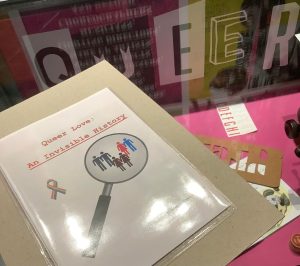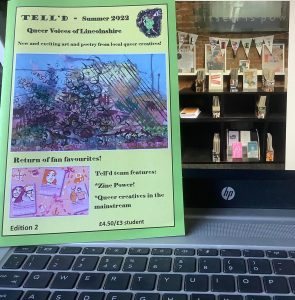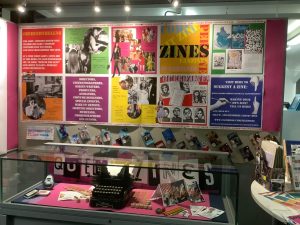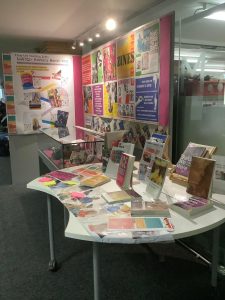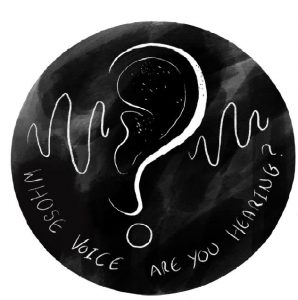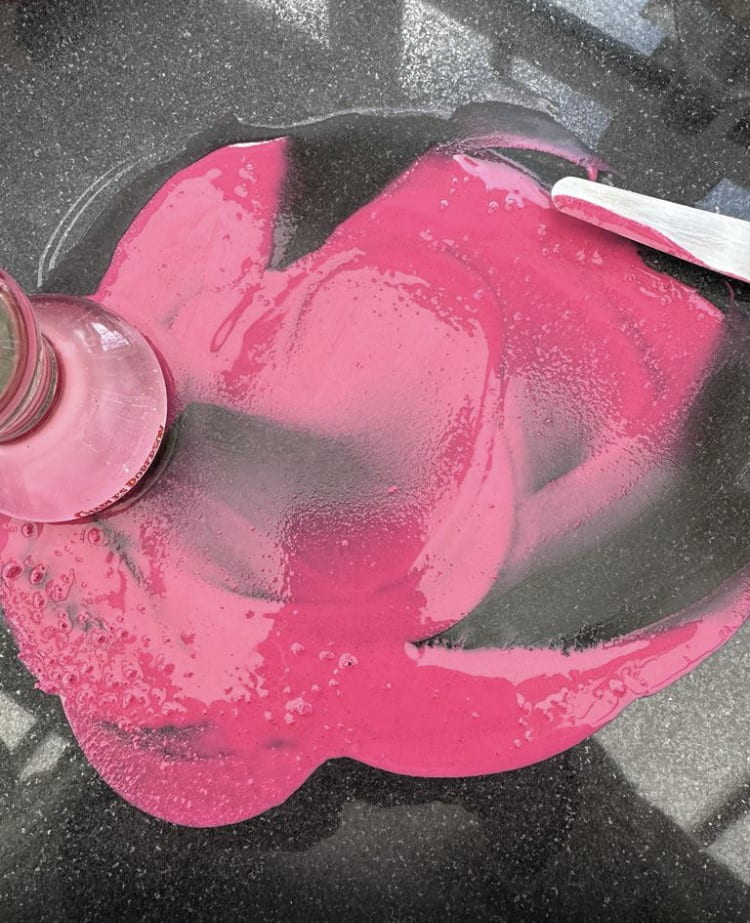
One of my favourite sentences is ‘Have you read …?’, either because a good book can be recommended to a friend/colleague/family member or because following a positive response the result is an interesting discussion. I am referring to works of fiction but being a librarian this obviously spills over into work. As Special Collections Librarian I am seconded to Lincoln Cathedral Library two days a week, working in Exchequer Gate home of medieval manuscripts, early printed books, modern reference and archival material, available for staff and students.
Toni Watts was Lincoln Cathedral’s Artist in Residence 2015-2016, during which time she spent many hours looking through the illuminations in Lincoln Cathedral Library’s medieval manuscripts. Not wanting to lose her exquisite skill set the Cathedral has retained the connection with her position as Cathedral Illuminator. Find out more about Toni’s work – A Medieval Scribe in the Modern Day: the Illuminations of Toni Watts
Last month I came across a catalogue record in Lincoln Cathedral’s library catalogue for Mark Clarke’s Early English Text Society’s 2016 volume 347.
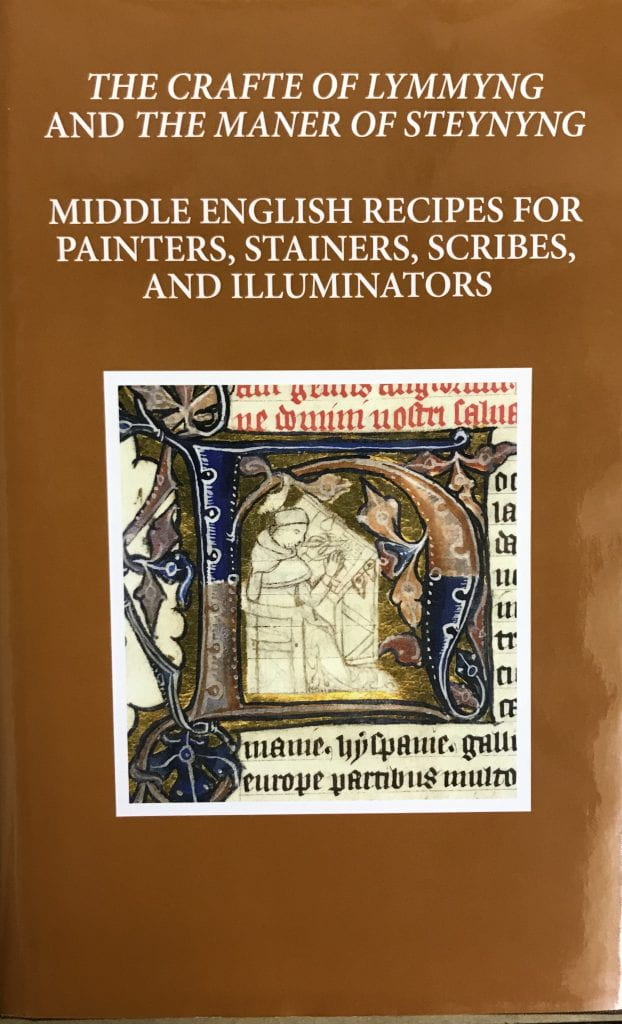
I emailed Toni with the ‘Have you read’ sentence and during her subsequent visit to Exchequer Gate, where the journal is located, Toni found a recipe for pink. A proper pink, not an orangey pink, which required brazilwood and an artist’s eye to transform from the page into paint. This pink will be used in Toni’s future classes, as she said “The benefit of access to a good book”.
The following week I collected a bumper crop of oak galls from oak trees in Silica Country Park, which Toni uses to make the iron gall ink and will be used to make her black ink.
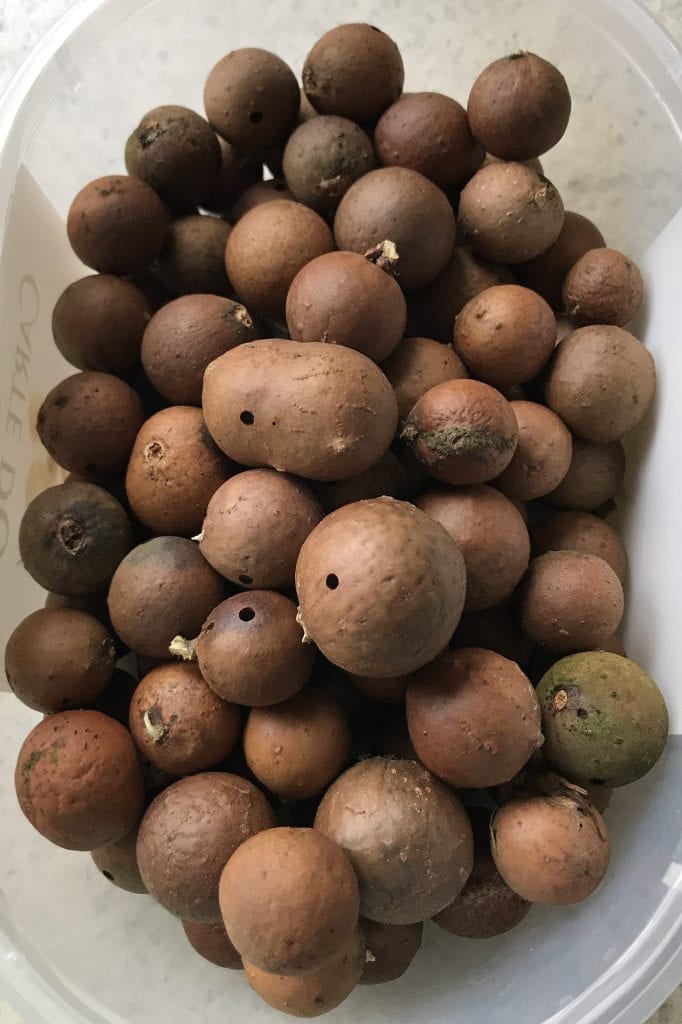
Claire Arrand Special Collections Librarian https://guides.library.lincoln.ac.uk/specialcollections
